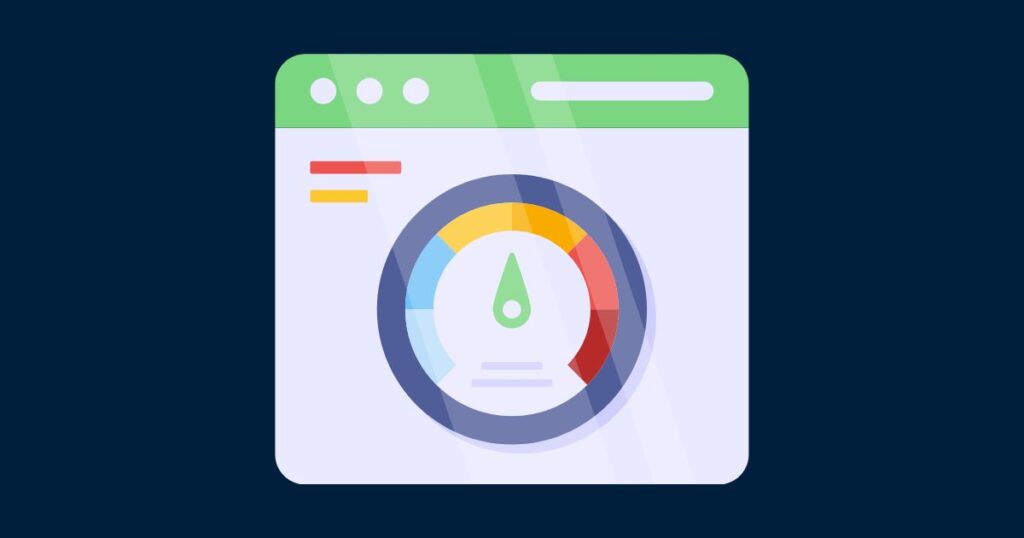Introduction
In today’s fast-paced digital world, user experience plays a vital role in determining the success of a website. One crucial factor that significantly impacts user experience is website speed. A slow-loading website can lead to frustration and dissatisfaction among users, resulting in higher bounce rates and lower conversions. Therefore, it is imperative for website owners and developers to focus on optimizing website speed to ensure a seamless and enjoyable user experience.
Why Website Speed Matters?
Before we delve into the various strategies to optimize website speed, let’s understand why it matters.
- User Satisfaction: Users expect websites to load quickly, and any delay can lead to a negative perception of the website and the brand it represents.
- Search Engine Rankings: Website speed is a critical factor that search engines consider when ranking websites. Faster loading times can positively impact search engine rankings and organic traffic.
- Conversion Rates: Studies have shown that faster websites have higher conversion rates. A quicker loading website ensures that users stay engaged and are more likely to complete desired actions, such as making a purchase or filling out a contact form.
- Mobile Users: With the growing number of mobile users, optimizing website speed is even more crucial. Mobile devices often have slower internet connections, and a slow website can be frustrating for mobile users.
How to Optimize Website Speed?
Now that we understand the importance of website speed, let’s explore some effective strategies to optimize it:
1. Enable Browser Caching
Browser caching allows a website to store static resources, such as images, CSS, and JavaScript files, on a user’s device. When the user revisits the website, these resources are loaded from the cache, reducing the load time significantly.
2. Compress Images
High-resolution images can significantly slow down a website. By compressing images without compromising quality, you can reduce page load times. Several online tools are available to compress images before uploading them to your website.
3. Minimize HTTP Requests
Every element on a webpage, such as images, scripts, and stylesheets, requires an HTTP request. Minimizing the number of HTTP requests by combining files and using CSS sprites can help improve website speed.
4. Optimize CSS and JavaScript
Clean up your CSS and JavaScript files by removing unused code and unnecessary white spaces. Minify these files to reduce their size and improve loading times.
5. Use Content Delivery Networks (CDNs)
A CDN is a network of servers distributed geographically. It stores cached versions of your website’s static content and delivers it from the server closest to the user’s location. CDNs can significantly reduce latency and improve website speed.
6. Implement Lazy Loading
Lazy loading is a technique that defers the loading of non-essential elements, such as images below the fold, until the user scrolls down. This reduces the initial load time and improves the perceived speed of the website.
7. Optimize Web Hosting
Choose a reputable and high-performance web hosting provider. A reliable hosting service ensures that your website loads quickly and remains accessible at all times.
8. Reduce Server Response Time
Optimize your server’s performance to reduce response times. Use caching, upgrade hardware, and choose a server location that caters to your target audience.
Frequently Asked Questions (FAQs)
Q1: How does website speed impact SEO?
A1: Website speed is a crucial factor in SEO. Search engines, like Google, consider website speed as one of the ranking factors. Faster websites are more likely to rank higher in search results, leading to increased organic traffic.
Q2: What is an ideal website load time?
A2: An ideal website load time is around 2 to 3 seconds. However, the faster, the better. Studies have shown that users tend to abandon websites that take more than 3 seconds to load.
Q3: Can mobile website speed be different from desktop speed?
A3: Yes, mobile website speed can differ from desktop speed due to variations in internet connectivity and device capabilities. Therefore, it’s essential to optimize your website separately for mobile users.
Q4: Is website speed optimization a one-time process?
A4: No, website speed optimization is an ongoing process. Regularly monitor your website’s speed, and make necessary adjustments as the website content and technology evolve.
Conclusion
Optimizing website speed is not just about technicalities; it’s about delivering a seamless and satisfying user experience. A fast-loading website leads to higher user engagement, improved search engine rankings, and increased conversions. By implementing the strategies mentioned in this blog post and keeping user experience at the forefront, you can create a website that delights users and drives business success.
Remember, website speed optimization is an ongoing journey, so stay vigilant and keep making improvements to meet the ever-changing demands of users and search engines. Happy optimizing!
Experience the Difference with Docuneeds Web Design Services!
Are you struggling with a slow-loading website affecting your user experience and search engine rankings? Don’t worry; we’ve got you covered! At Docuneeds Web Design Services, we specialize in optimizing website speed to ensure your visitors have a seamless and enjoyable browsing experience.
Our team of expert developers will implement cutting-edge techniques, such as browser caching, image compression, and CDN integration, to make your website lightning-fast. Say goodbye to high bounce rates and hello to increased conversions!
Take the first step towards an optimized website today. Visit our website at www.docuneedsph.com and get in touch with us for a free consultation. Let us transform your website like the speed of lightning, driving your business to new heights!
You may also post your blog on our free guest posting website www.docuneeds.net click this link for more info.

